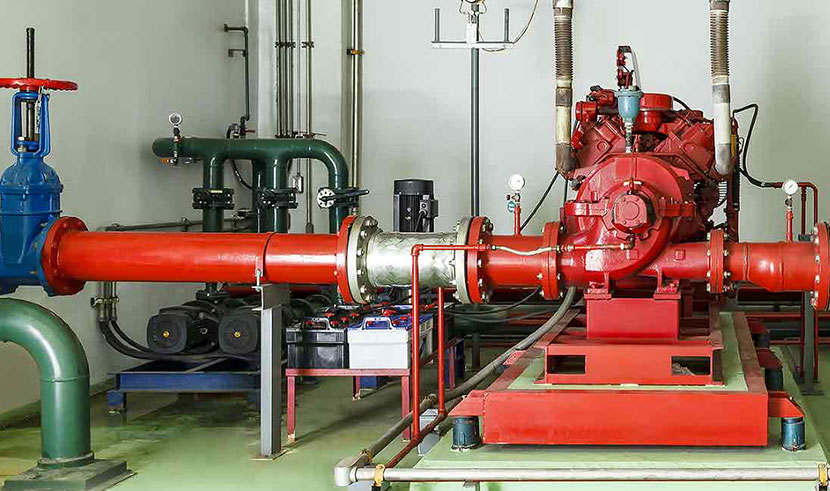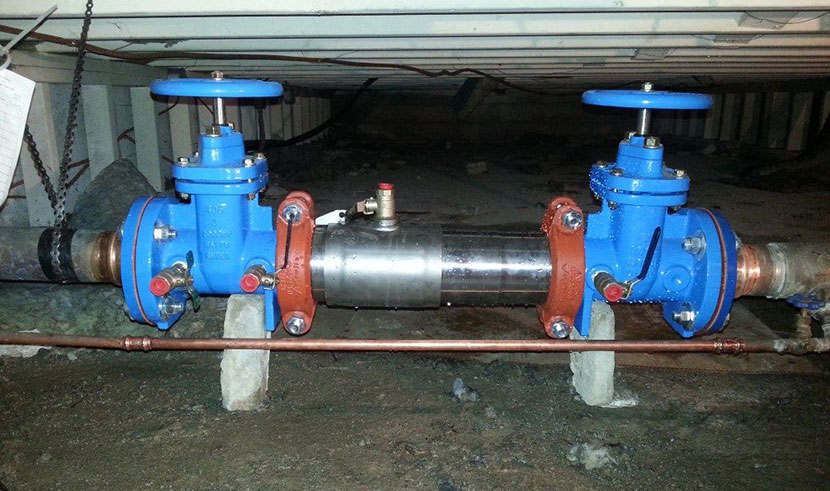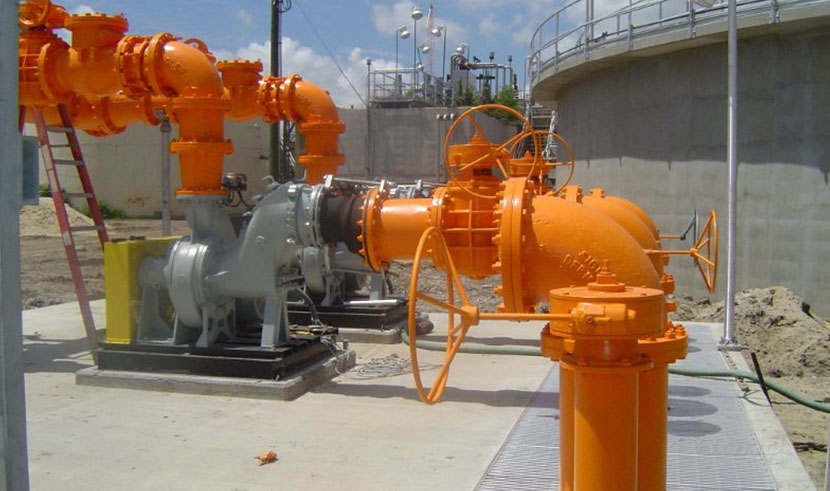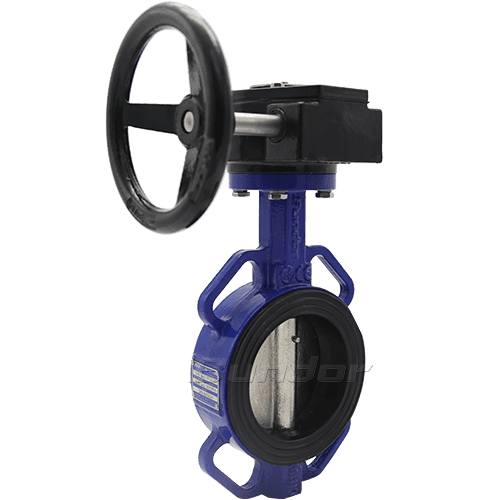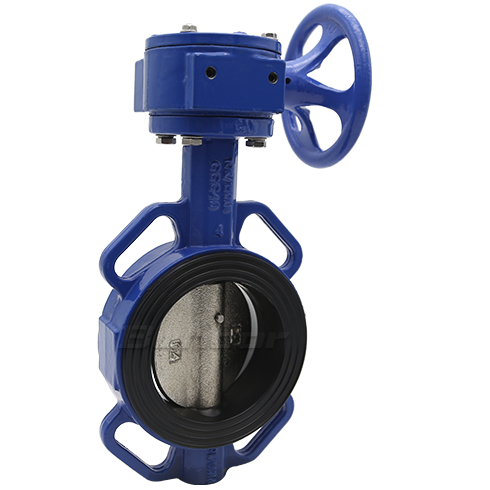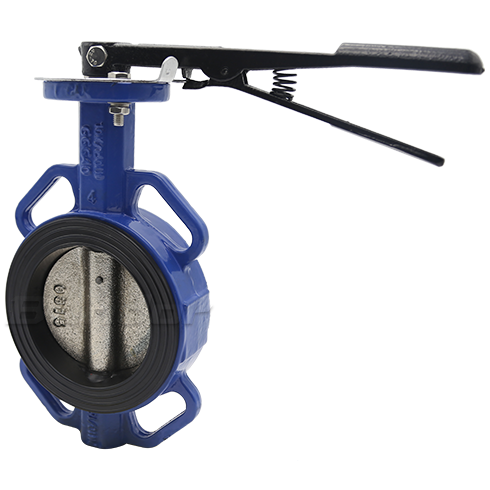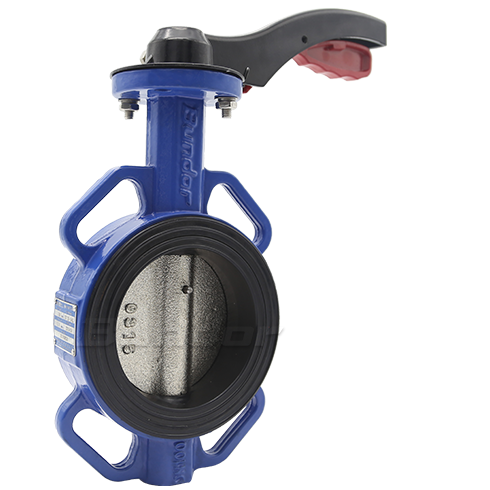On the rainwater pipeline, the valves that are often used are nothing more than gate valves and butterfly valves.
Rain is a gift from heaven, and we should return it directly to nature. After the rainwater is diverted, it can be discharged directly into the city's river. After natural sedimentation, it can be used as a natural landscape water or as a municipal municipal water for spraying roads. Therefore, the rainwater can be purified and buffered into the river, which can improve the use efficiency of surface water.
The rainwater collection system refers to the entire process of rainwater harvesting. This process can be divided into five major parts, namely collecting rainwater through the rainwater collection pipeline-disposal-sewage-PP rainwater collection tank for storage rainwater-filter disinfection-purification reuse. The collected rainwater is used for watering crops, replenishing groundwater, and can also be used for non-domestic water use such as landscape environment, greening, car wash water, road flushing cooling water supplement, and flushing. It can save water resources and greatly alleviate the problem of water shortage in China.
The so-called rain and sewage diversion refers to the separation of rainwater and sewage. After using two separate drainage systems, rainwater can be discharged directly into the river through the rainwater pipe network. The sewage needs to be collected by the sewage pipe network and sent to the sewage treatment plant for treatment. After passing the water quality, it can be discharged into the river. This will prevent the river from being polluted. Rainwater and sewage can be used in various ways, recycling and separate discharge, which can improve the sewage collection rate, centralized treatment rate and treatment quality, reduce the sewage treatment cost, and enhance the flood control capacity of the central city.
1. Rain and sewage diversion is convenient for rainwater harvesting and centralized treatment of sewage. The biggest advantage is that it can improve sewage treatment efficiency and save sewage treatment costs.
2. In rainy weather, the implementation of rainwater and sewage diversion can separate rainwater from sewage. Rainwater flows into the river through the road sewers or is used, and the sewage is sent to the sewage treatment plant.
3. The rainwater is lightly polluted and can be discharged directly into the city's rivers after diversion. After natural sedimentation, it can be used as a natural landscape water or as a municipal municipal water. At the same time, the rainwater is purified and buffered into the river, which can improve the utilization of surface water.
4. The sewage is discharged into the sewage pipe network and treated by the sewage treatment plant to complete the regeneration and reuse of the sewage. After the rain and sewage are diverted, the sewage treatment rate can be improved to prevent the sewage from polluting the river and the groundwater.
Commonly used valves on rainwater pipelines include extension rod butterfly valves, cast iron gate valves, soft seal gate valves, handle wafer butterfly valves, worm gear flange butterfly valves, and the like. If you have any procurement needs in this regard, you are welcome to consult us to discuss cooperation.


